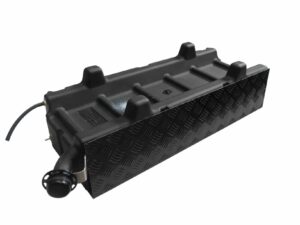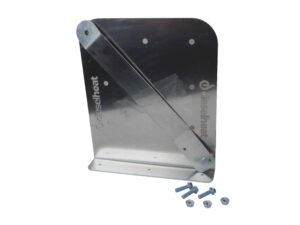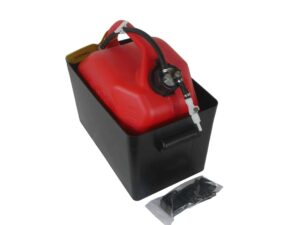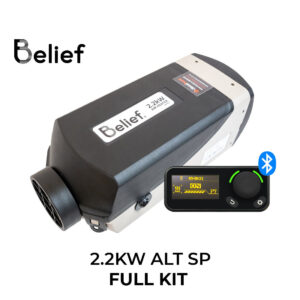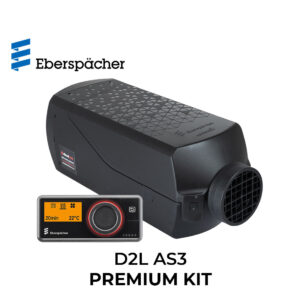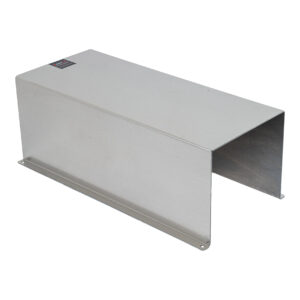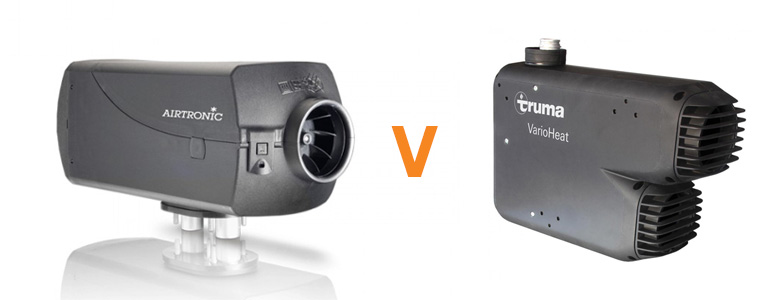
At Dieselheat, we are obviously biased towards diesel. However, in our comparison below we have tried to be clear about what is fact and what is assumption so that you can make a fair assessment.
We are comparing a 2.2kW diesel heater (Eberspacher or Belief) with a Truma Vario gas heater. We are assuming:
- Diesel costs $1.6/L
- Gas costs $28 for an 8.5kg swap and go bottle.
We took pricing online on 29th April 2020. We have taken our fuel consumption figures, dimensions, etc. from the manufacturers’ specifications.
Purchase Cost
We have quoted full install kits and for the diesel heaters we included a fuel tank, but no gas bottle for the gas heater, since most vans have gas bottles already.
Belief full heater install kit (inc. tank) is $1275
Eberspacher D2 full heater install kit (inc. tank) is $1975
Eberspacher D2L full heater kit (inc. tank) is $2275
Truma Vario Eco gas kit is $2199 (caravanrvcamping.com.au website – cheapest price we could find)
So only the newest Eberspacher D2L heater with a fuel tank costs more than the gas heater, but remember it costs less to run and install (see below).
The winner: Diesel (just). There are plenty of diesel options that are cheaper than gas, but the new D2L does cost more.
Operating Costs
Let’s compare gas and diesel over a typical week, where we run the heater at half power (1.5kW) for 7 days x 5 hours per day. That is 35 hours.
Diesel
2.2kW heater uses 150mL of fuel per hour at 1.5kW output. At $1.6/L fuel cost, that is 35hours x 150mL = 5.2L of diesel, which is $8.3 for the week’s fuel.
Gas
The 2.7kW Truma gas heater will cycle up and down from low to high, so let’s assume it operates half the time on high and half on low. This means it uses an average of 141g/hour = 4.9kg of gas, which is $16 for the week.
The winner: Diesel at roughly half the running costs.
Space Occupied
Gas tanks are of course much bigger than diesel tanks. To be fair though, most vans have them already, so if you add a diesel heater, you will need to add another tank. Diesel tanks are easier to fit in as they are square and can be mounted outside. For these reasons, we will ignore the tanks in this comparison and focus on the heaters. We are also ignoring ducting and exhausts, as in both cases they do not impinge on usable space.
Diesel
The diesel heater is 305mm x 115mm x 122mm, giving a total volume of 4.2L.
Gas
The gas heater is 400mm x 284mm x 123mm, giving a total volume of 13L.
The winner: Diesel at less than half the size.
Installation
Diesel
Can be DIY installed or installed by any caravan repair shop or mobile installer. Common sense and using a good install kit still counts, but there are no compliance issues.
Gas
Must be installed by a licensed technician and there are rules about where it can be installed.
The winner: Diesel. Installation options are more flexible and you can DIY.
Convenience
For boats and motorhomes, diesel heaters are normally plumbed directly into the main fuel tank, providing the advantage of a single fuel and bulk filling point. For caravans, there are options for removable tanks that are easy to top up.
On boats, gas is particularly inconvenient, with compliance and safety issues, the need for sealed gas lockers that take up space, rusting gas bottles that chip gelcoat decks, and the hassle/danger of carrying gas bottles on and off the boat.
For caravans that have gas already, we do note that having a single fuel source can be more convenient, but in many cases you have diesel in your tow vehicle anyway.
Gas is widely available – but diesel is even MORE widely available.
The winner: Diesel is definitely more convenient in most cases.
Cold Weather Performance
In Australia, we run our heaters on LPG which is 100% propane which will vaporise at -45 degrees, however, anecdotally it seems the gas bottles do seem to struggle a bit with pressure as they empty out in cold conditions. The Elgas website notes that at -7degC available LPG (propane) is approx. 30% less than at 10degC which fits with the stories we have heard about gas heaters sometimes struggling in cold conditions and low gas levels.
Diesel is not affected by temperature in the same way. You will always have the same burn performance and heat all year round, although in very cold conditions (alpine) you do need to add kerosene or a winter fuel additive to ensure it does not go gummy.
The winner: Diesel (by a small margin) for superior (really) cold weather performance.

